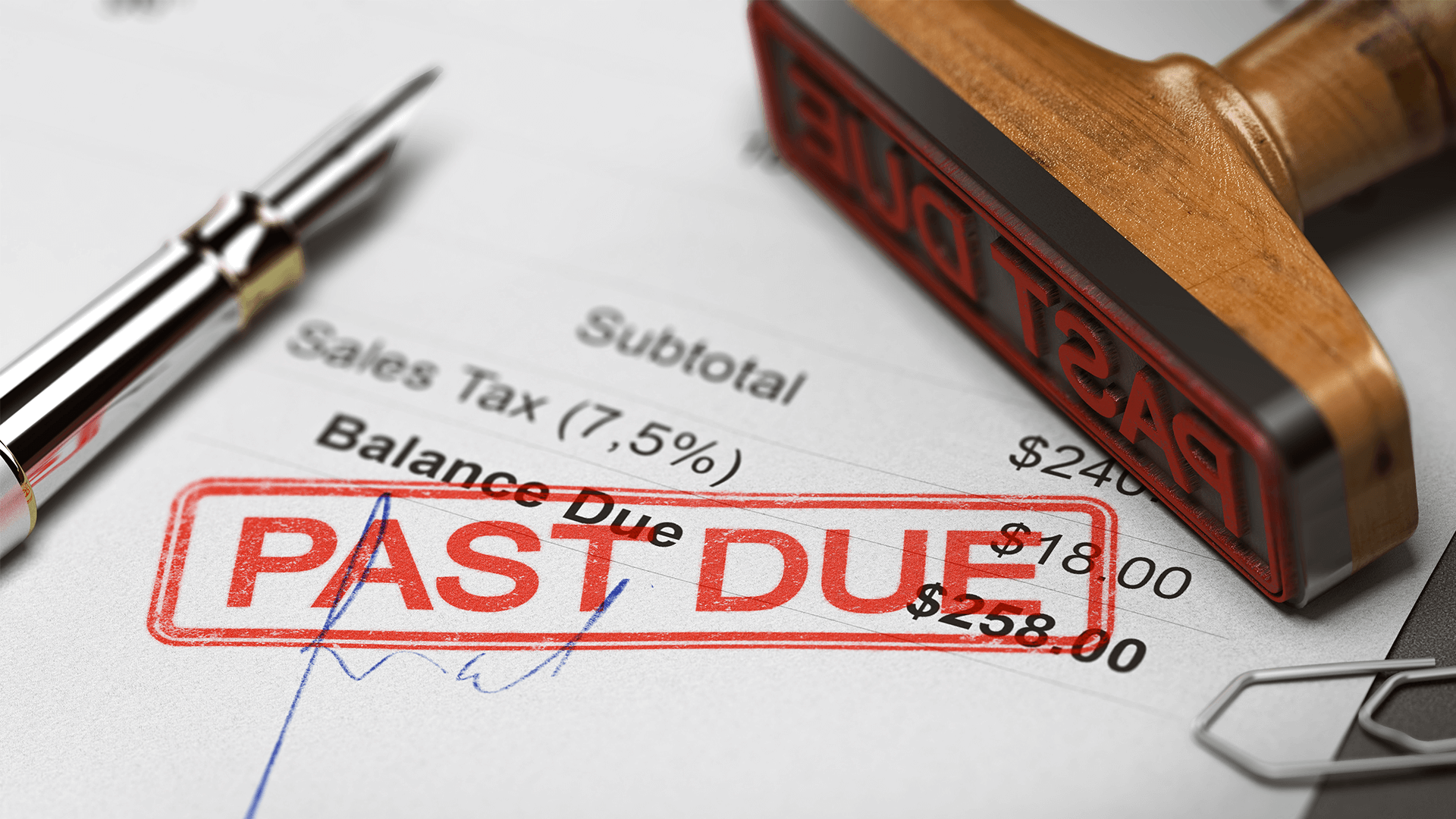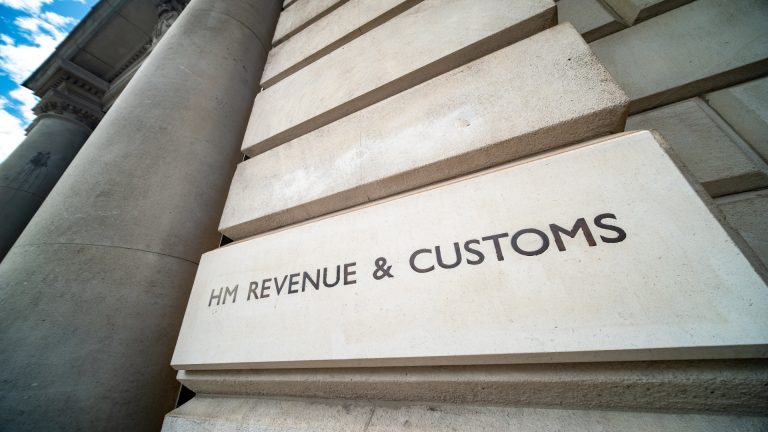Bad debt is a sum of owed money which has been outstanding over time and the prospect of it being repaid has diminished, making the debt unrecoverable. This is typically a result of the debtor going into liquidation or administration as they are out of money. As a business owner, you are at high risk of building up bad debt as you will trade with a number of different suppliers and customers, some of which may not have a dependable track record for borrowing, writes Keith Tully of RBR Advisory.
In order to protect yourself from bad debt, it’s vital to put measures into place and recognise the warning signs. An accumulation of bad debt can attack working capital, soon having detrimental effects on the financial health of your business. Late paying customers can create cash flow issues by causing a slowdown in income which limits the amount of cash available for the business.
A late invoice can easily turn into bad debt if it is left outstanding for a prolonged period of time. By tacking late payment early in the process and putting the correct protections into place, you may have a higher chance at recouping the money. By recognising the warning signs of bad debt, you can mitigate it and guard your business by following a few simple steps:
Due diligence
If you hold suspicions that a customer is unserious about making payment, carry out a credit check which is essentially a risk assessment exercise. This will highlight the consumer’s attitude to borrowing, their financial behaviour and whether any legal action has been taken against them. A quick search on Companies House will also show you whether the business is solvent, a basic indicator that the business has cash available.
In some cases, word of mouth can give you a true opinion of the business you are dealing with. Social media is an easily accessible platform which houses reviews directly from consumers. Carry out a quick search on social media to read what others are saying about them, both positive and negative. This will give you a taste of the character of the company through the click of a button.
Deposit, interest and penalties
In order to ensure that your time and labour proves worthwhile and profitable, ensure that you request for a deposit to be made which demonstrates financial commitment. If the payment falls into the bad debt category, this will only apply to a fraction of the overall funds as the remaining would have been paid as a deposit which protects your business to an extent.
In the event of missed payments, consequences should be made clear early in the process to prevent outstanding payments from maturing into bad debt. This could include adding interest or a penalty to penalise the business from missing payments. If the business is experiencing financial difficulties, this may prompt them to communicate their financial status.
Payment reminders
Scheduling a series of payment reminders is one of the first steps you can take to mitigate bad debt. By prompting for payment ahead of the due date, the business will be aware of the upcoming payment. Displaying clear payment information on each invoice will also make it easy to make payment as the information will be readily available. Scheduling frequent reminders after the payment date has passed can help flag up the outstanding invoice and it may just be as simple as a reminder that is required for payment to be made.
Debt distribution
Distributing the risk of bad debt by spreading your client base can prove beneficial in the long term. As a small business, winning a contract with a large enterprise is an achievement, both financially and in reputation. However, if your business takes the risk of becoming dependable on service solely from the large business, you fall into the trap of failing to spread your business proportionally. If the bigger business fails to make payment on time or becomes insolvent, you run the risk of cutting off your only stream of income, pushing your own business into decline.
Selected larger institutions are notorious for making late payments to smaller suppliers, a topic which was high on the agenda during the Spring Statement. Following a clamp down on late payments, the Chancellor proposed that auditors of listed companies should report on the performance of late payments in annual reports. The role of the Small Business Commissioner was also established in 2017 to ensure fair payment to Britain’s small businesses and resolving payment disputes for smaller businesses.
For example, in the event of Carillion, many small businesses were forced to liquidate as a result of late payments from Carillion. Following the demise of the construction firm, the business owed thousands of businesses and was known to breed a late payment culture in which smaller suppliers were a non-priority.
Statutory Demand
A statutory demand is a formal action which is taken to request for payment from a company, this is issued before a winding up petition. The statutory demand gives the debtor 21 days to make payment or reach an agreement. If the debtor fails to fulfil the statutory demand, you are able to request to wind up their company in an attempt to compensate for the bad debt.
Winding up petition
As a final and more pressing resort, taking legal action can speed up the process of retrieving owed money. If standard methods of recovery have failed, this may be an effective option which can help set your business back on track. A winding up petition is a court order taken out against the debtor. If granted by the court, they will call for the compulsory liquidation of the business unless the amount owed can be realistically repaid or terms renegotiated. This is a costly and lengthy process so if you are able to settle the manner out of court, it could protect your business from incurring court fees.
Understanding and mitigating bad debt can protect your business from having to write off debt when in reality it can be recovered. Bad debt can bite a large chunk out of your working capital, restricting investment activity and posing financial hurdles which could hinder the business from prospering.
RBR Advisory
https://www.realbusinessrescue.co.uk/advisory
























